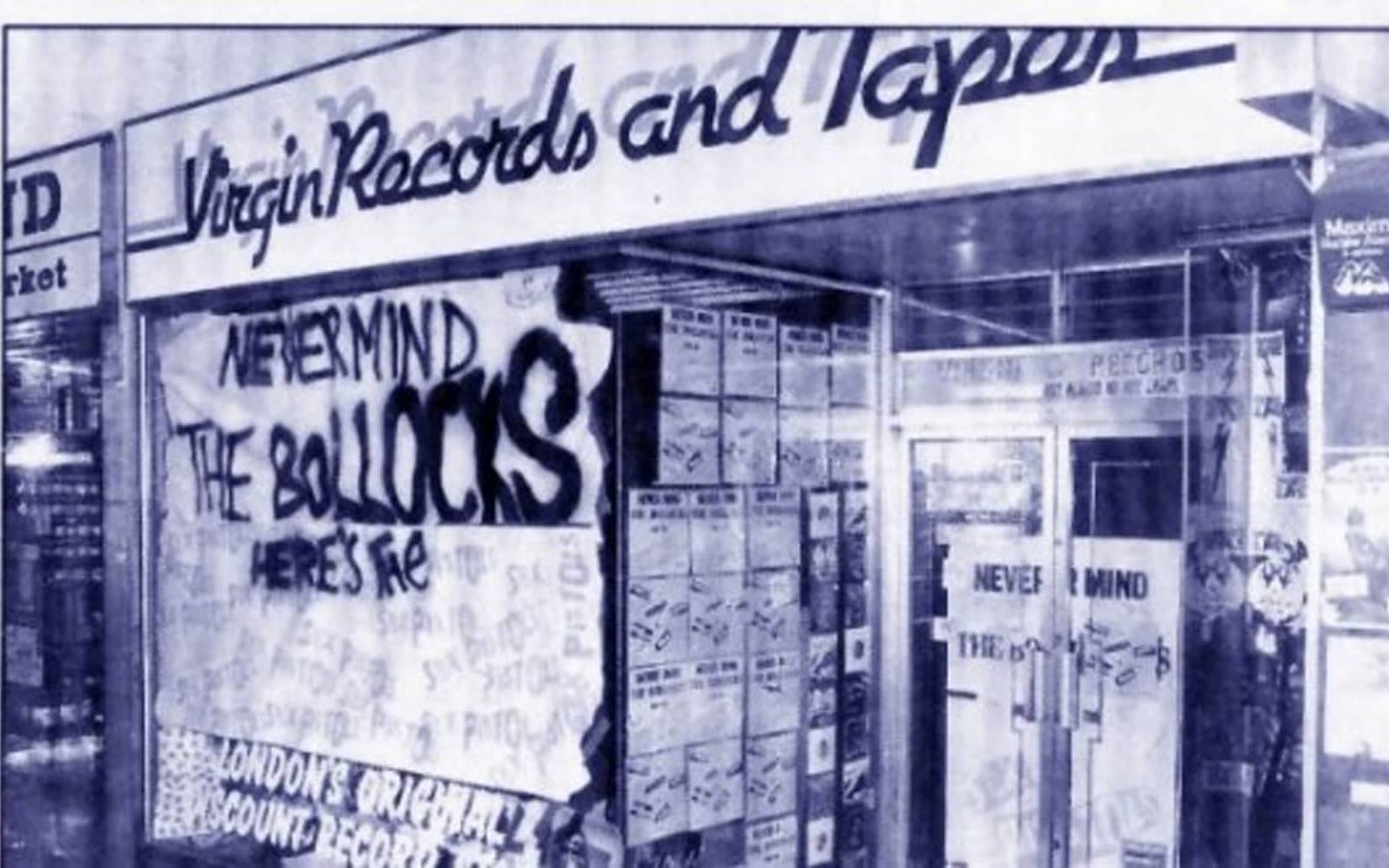Understanding the evolution of the Virgin brand
There aren’t many people who understand the Virgin brand better than Fiona Ross, the Virgin Group’s Brand Director. Fiona works across multiple industries and sectors ensuring that whether it’s a plane, train or bank, the Virgin brand is delivering on its promises.
To get a better insight into what it takes to work on the brand, as well as the challenges and opportunities, we asked Fiona a few questions.
What was it about the Virgin brand that made you want to work for it?
Fiona: There were two key things.
I met Richard Branson at the launch of Virgin Unite in South Africa, we shook hands and had a quick conversation with about 400 employees and guests - no mean feat! I could see he was genuinely interested in people and that felt like an important quality to have in a boss.
Secondly, I was curious about the brand. I had cut my brand teeth at Unilever, and worked on brands such as Axe and Impulse, and I was intrigued to work on such an iconic brand that broke all the text book rules.
Has the Virgin brand evolved much over the years?
It’s been a pretty extraordinary evolution.
The brand began as Virgin Records in 1970, with a store in Oxford Street London. This is where the Virgin script had its humble beginnings, a scrawl on napkin that looked "in your face" enough to sign the Sex Pistols. Then onto Virgin Atlantic Airlines, it was quite a shift from music to transatlantic travel, Richard was asked what he knew about flying, he said he’d been on enough planes during his time in the record business to know what was wrong with them. Next up was Virgin Mobile and after that a flood of Virgin businesses followed.
The Virgin Script, our much-loved logo, now adorns planes, trains, space ships, cruise ships, hotels, health clubs, money, media, radio, music and sport festivals across the world.
Virgin has grown thanks to Richard Branson, who realised early on that partnering is the way to go. Each business has a different shareholding and structure but the common thread the runs through all them is the Virgin brand.
Our job as the global brand team is to make sure the brand is well articulated and consistently applied. We have a purpose and set of brand values that direct and shape what we do and how we do it. These set the playing field for each Virgin company, providing brand guardrails whilst giving them loads of creative freedom to apply their sector expertise.
What role does purpose play in the Virgin brand?
Virgin's purpose, "changing business for good", drives every decision.
It’s the first thing we help a new Virgin business define, they get to their own purpose (which ladders into the overarching Virgin purpose) by answering a simple question: "what role and meaning will you have in people’s lives?".
Once they crack that, it helps direct what they offer customers, how they treat employees, who they partner with and what they do for the broader community and environment.
What’s the best thing about working on the Virgin brand?
It’s ever changing, nothing stands still. One minute we might be dealing with outer space and the launch of Virgin Orbit, next the design of a cruise ship or high-speed train and then a digital app that’s changing peer to peer payments. It’s exhilarating to work on so many different and fascinating projects within one brand.
Richard has created a brand with amazing convening power, it attracts some exceptional talent, partners and opportunities. Our job, at the centre of the Group, is to steward the brand and help all these wonderful opportunities come to life in a relevant and meaningful way for people.
What are the difficulties or risks when it comes to working on the brand?
People have very high expectations of Virgin which puts teams under pressure to deliver.
We have a brand experience best practice program called The Virgin Way that is designed to help teams get under the skin of the brand and share what works well and what doesn’t, so we’re all constantly learning and improving. This helps minimise the risk of misfiring, but that happens occasionally. People are generally forgiving if you apologise and rectify the issue quickly, and we thoroughly encourage our businesses to do that.
If you had to name one example of a company, product or service that has perfectly encapsulated the Virgin brand over the years what would it be?
There are so many, but I’ll focus on two; one of the original pioneers and a new one.
Virgin Atlantic put the brand on the map when they challenged British Airways. The cheeky press ad "BA doesn’t give a Shiatsu" sums it up brilliantly. Virgin Atlantic were the first airline to think of the entire flyer experience and have delivered many industry firsts, from chauffeur-driven services and beautifully designed clubhouses, to on-board massages and inflight movies with ice cream.
More recently, a good example is Virgin Mobile UAE, which is one of the first truly "digital-first" mobile companies, it might sound ridiculous as they’re a mobile company but generally mobile service providers are pretty antiquated. This team has created an app which you download, choose your number, order your SIM card and it’s delivered to you in 30mins by Karim (Dubai’s version of Uber). You can change your data and calling bundles as you please and the app and experience constantly updates based on user feedback. No paper work, no stores, no queues, no contracts. Mobile on your terms, finally.
Next up we have some more really exciting forays into the travel sector with Virgin Voyages, and Virgin Hyperloop. Watch this (Virgin branded) space.
